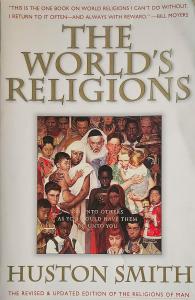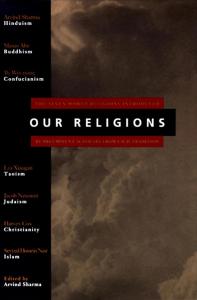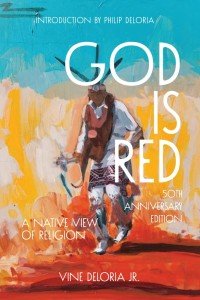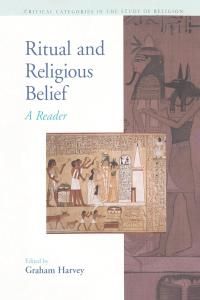A History of God: The 4,000-Year Quest of Judaism, Christianity, and Islam, by Karen Armstrong
A Critical Review
A History of God: The 4,000-Year Journey of Judaism, Christianity, and Islam is a gutsy look at the history of three of the world’s great religions. In this sweeping narrative, Armstrong traces the descent of God across four millennia of history, investigating how Judaism, Christianity, and Islam have twisted and mutated the sacred. With clean, penetrating prose, her story rolls out across centuries and theology and culture.
About the Author
Karen Armstrong is a former Roman Catholic nun and now one of the most admired and accessible modern historians of religion. Armstrong was born in 1944 in Wildmoor, Worcestershire, England, and joined a Catholic religious order, where she remained for seven years before departing in the late 1960s. Her departure from the convent, in other words, was only the beginning of an unconventional journey into academics and popular writing on religion. Combining academic rigor with a sense of the dramatic, Armstrong delivers incisive examinations of the development of the world’s faiths, producing books that are as popular among scholars as they are with general readers.
Armstrong’s writing career began with an autobiography, but she quickly turned toward exploring the histories of religions. Her acclaimed writings, such as The Battle for God: A History of Fundamentalism and The Spiral Staircase: My Climb Out of Darkness, capture her persistent pursuit to decode the intricacies of faith and its place in history and the modern world. Her scholarship is distinguished by its profound understanding of the world’s great religious traditions, a keen instinct for moments of cultural intersection, and a compassionate approach to religiosity.
Critical Review
One of Armstrong’s gifts is her ability to render the arcane jargon of theology into palatable narratives, without oversimplifying the scholarship. Her sweeping survey encompasses everything from ancient polytheism in the Middle East to the subtle theology of the Middle Ages and forward to the present day. She adeptly describes the transition from the remote, impersonal gods of primitive man to the intimate God of later monotheism.
Armstrong’s survey of Judaism begins with the Hebrew Bible, tracing the shift from the enigmatic Yahweh of early Israel to the refined deity of later rabbinical Judaism. Her Christianity encompasses Christology and the emergence of the Trinity. At the same time, her review of Islam examines competing understandings of Allah and how the Quran has shaped the Muslim conception of God.
The book is also cognizant of the socio-political realities that framed theology. Armstrong describes how political turmoil, cultural interactions, and intellectual cross-pollinations shaped and reshaped the divine. Her description of the role of Hellenistic philosophy in shaping Jewish, Christian, and Islamic theology is especially insightful, revealing the interrelation of these religions and their development within the shared cultural and intellectual milieus.
But A History of God is not unimpeachable. Armstrong’s big picture story sometimes borders on overgeneralization, as it must when discussing extensive periods and nuanced doctrinal disagreements. Skeptics will argue that her treatment of complex religious dogma sometimes sacrifices depth for breadth. In attempting to cover such broad ground, nuances can occasionally get lost or compressed.
Moreover, while Armstrong is lauded for her humane handling of religion, a handful of critics argue she can drift towards a somewhat sugary take on cross-faith insight and theological evolution. While enlightening, her emphasis on universal motifs and mutual quest for truth among the Abrahamic traditions can overshadow the profound theological and historical discord that has also defined them.
That said, Armstrong’s book is to be applauded for its grand sweep, elegant prose style, and the benevolent humanist light it shines on contentious religious issues. A History of God is an excellent introduction to anyone curious about monotheism’s turbulent journey. Armstrong urges us to delight, not merely in these differences, but in the astonishing way in which these religions evolved through reflection, conflict, and cross-pollination.
Conclusion
Karen Armstrong’s A History of God is a superb work of religious literature. What makes it a winner is how it succeeds in both educating and engaging a mass audience, telling a tale as dramatic as it is historically accurate and philosophically thoughtful in its approach to the deity. Whether for the devout or the skeptical, Armstrong’s prose provides an engaging journey into human spirituality and a testament to her ability as a religion historian.






